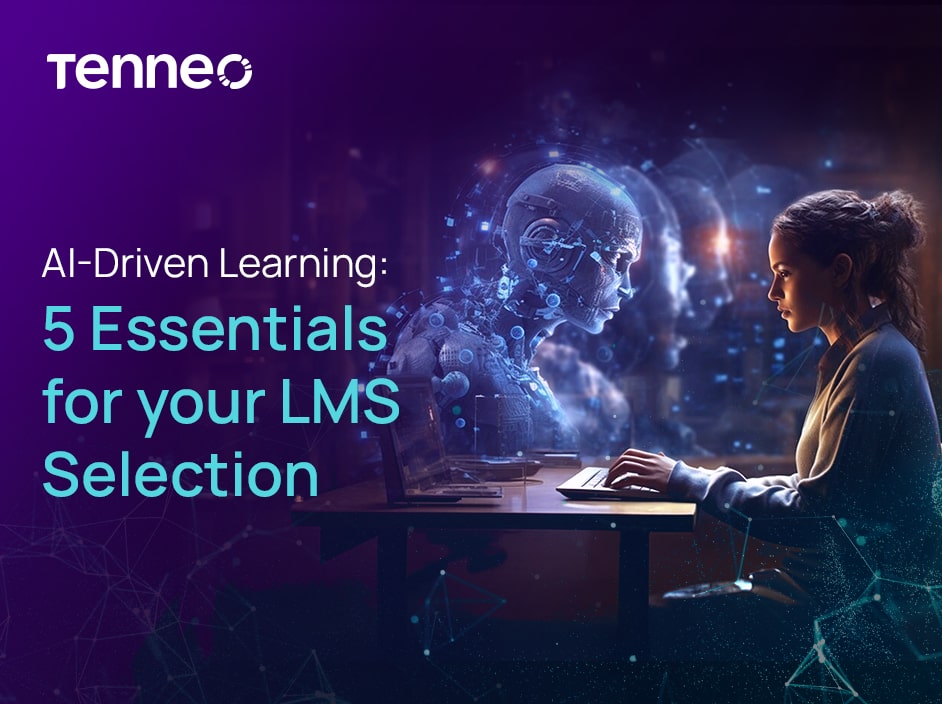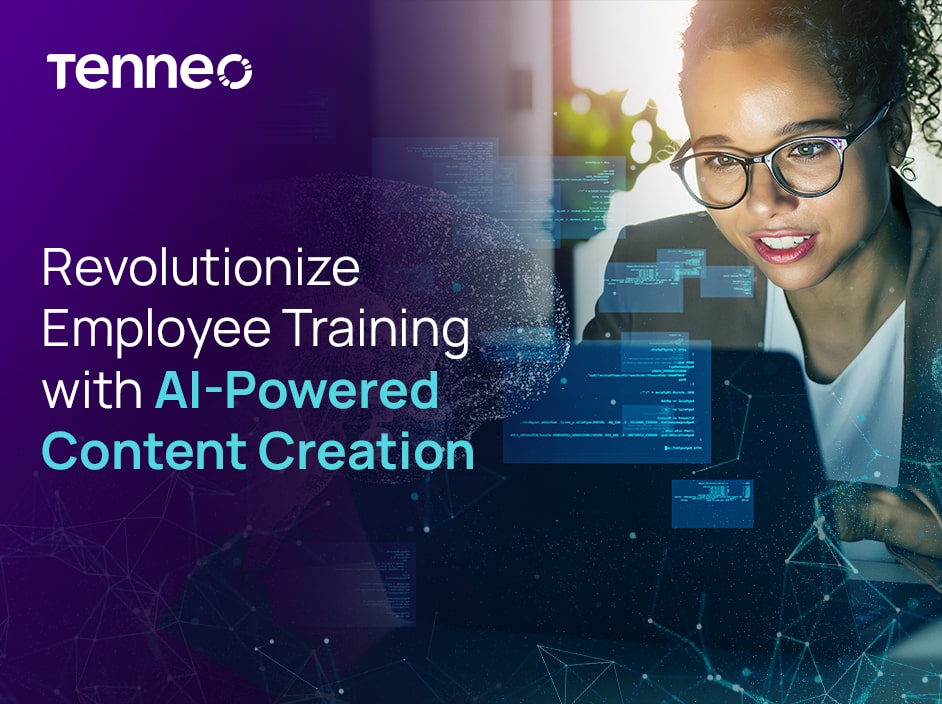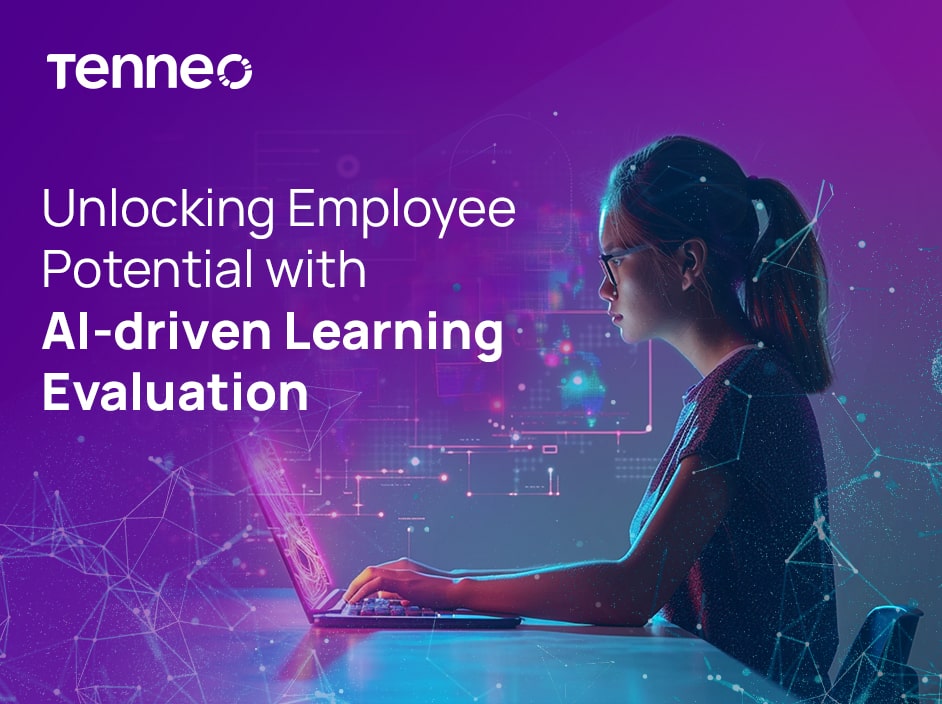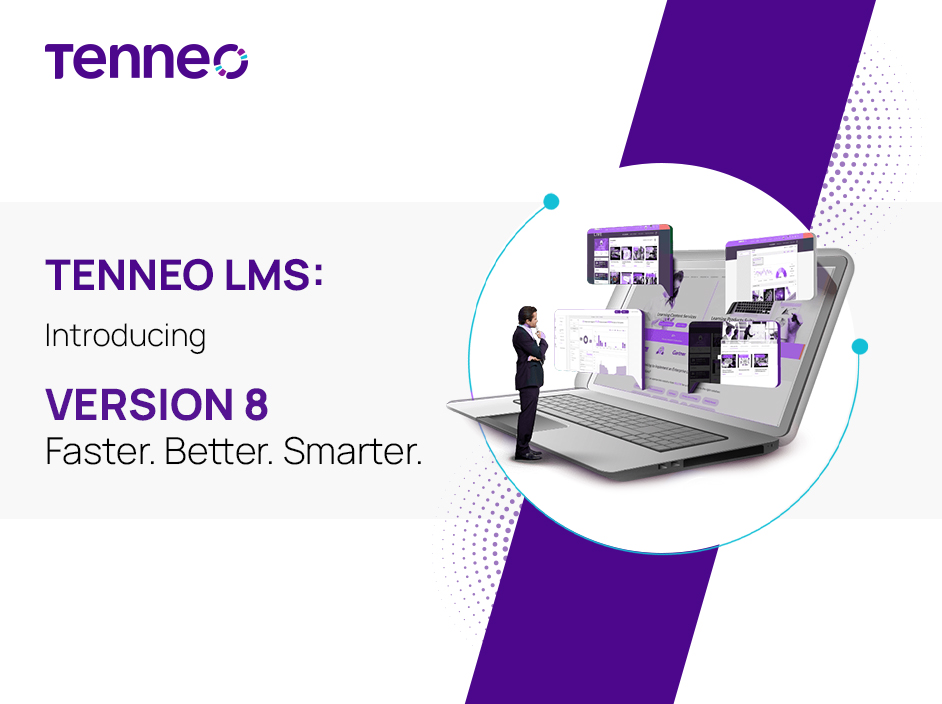
Tenneo (formerly G-Cube LMS) Launches Version 8 of its LMS
June 13, 2023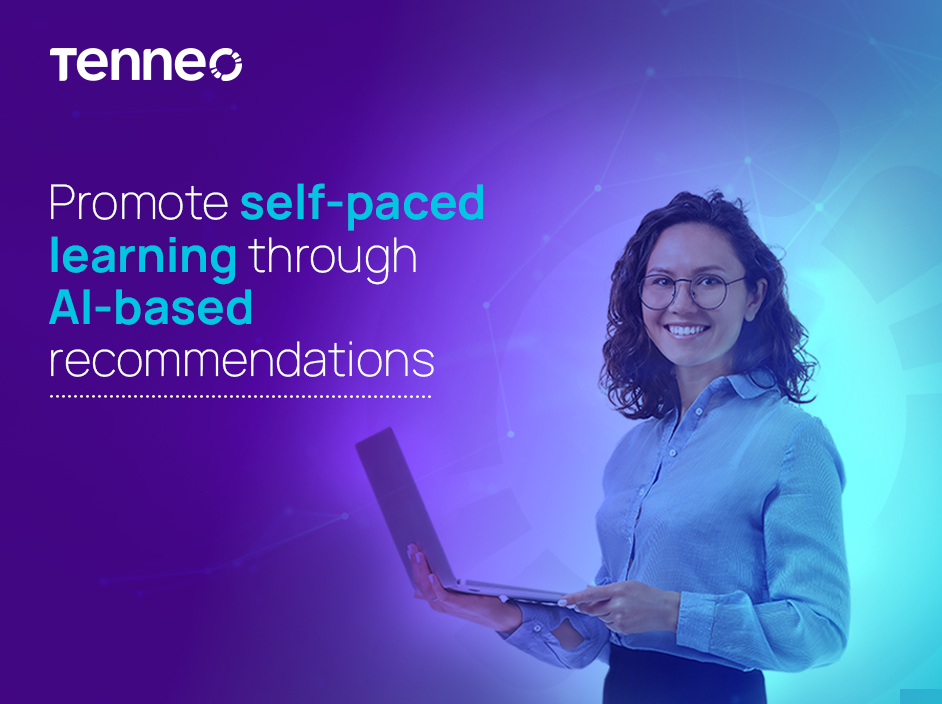
How does Tenneo LMS help IT/ITES organizations
June 26, 2023
Tenneo (formerly G-Cube LMS) Launches Version 8 of its LMS
June 13, 2023
How does Tenneo LMS help IT/ITES organizations
June 26, 2023Top Employee Training Challenges for IT/ ITES Organizations

Employee training is a critical aspect of the IT industry, enabling professionals to acquire the necessary skills and knowledge to excel in their roles. However, the IT industry presents unique challenges that organizations must navigate to ensure effective training programs. Here, we will explore some of the key challenges faced by IT/ITES organizations when it comes to training their employees. By understanding and addressing these challenges, organizations can optimize their training efforts and empower their workforce for success in an ever-evolving industry.
Evolving Technical Skills
The IT/ITES industry is known for its rapid and constant evolution, with new technologies, frameworks, and methodologies emerging at an astonishing pace. This dynamic nature presents a significant challenge when it comes to training and staying up to date with the latest technical skills. Data analytics, webpage design, machine learning and other domains are considered fast-evolving domains. IT and ITES employees have to update their domain knowledge and skills every 5-6 months to stay abreast of the latest advancements. This presents a challenge for IT/ITES organizations. A KPMG survey found that 72% of IT leaders consider reskilling as one of the most important paths to shaping the workforce.
White Collar Training
Balancing the training of technical skills with the development of project management skills and soft skills, such as communication and problem-solving, can be complex. IT/ITES organizations also find it difficult to retain skilled trainers or Subject Matter Experts who possess the latest industry knowledge and expertise. The risk of disrupting the ongoing projects further adds to the complexities of implementing comprehensive white-collar training programs in IT organizations.
Short Training Cycles
Due to the rapid evolution of technology, training cycles in the IT and ITES industry tend to be short. Skills and knowledge that were relevant a few years ago become outdated quickly. Organizations need to provide frequent and timely training updates to keep their workforce up to date. This requires efficient planning, resource allocation, and a proactive approach to training delivery. IT employees apply only 54% of the new skills they learn, because business needs have already changed by the time they are trained on these skills.
No Recommendation-based Training
There is a dire need to take a collaborative approach towards employee learning. IT employees must be able to recommend certain training programs to their peers. These recommendations can be based on their skills, job roles and needs. Additionally, admins and managers can also recommend training to employees to address any skill gaps. The traditional learning approach fails to provide recommendation-based training.
No Problem-based Training
we’ve established earlier, IT and ITES industry is a fast-evolving industry that calls for constant learning and upskilling. IT employees often find themselves stuck at a work problem. While one way to resolve this is to go back to the training programs and find the solution specific to the pertaining problem, the other way is to provide employees with problem-based training. With this approach, they can go back to the specific training program that will help them solve the problem instead of wasting time in revisiting the entire program.
Lack of Self-paced training
Without self-paced learning opportunities, IT professionals may struggle to fit traditional structured training programs into their demanding work schedules. The absence of flexibility hampers their ability to acquire new skills and explore emerging technologies at their own pace. Furthermore, self-paced learning empowers individuals to take ownership of their professional development, fostering a sense of autonomy and motivation. By not offering self-paced learning options, IT/ITES organizations risk falling behind in a rapidly evolving industry and may hinder the growth and adaptability of their workforce.
Conclusion
Employee training in the IT/ITES industry is not without its challenges. From keeping up with technological advancements to balancing time and cost constraints, organizations must navigate a complex landscape to provide effective training for their workforce. The industry's fast pace, diverse skill requirements, and the need to balance technical and soft skills further compound the challenges.
However, by embracing an innovative and robust learning platform like Tenneo LMS, IT and ITES organizations can overcome the training hurdles and work towards creating a ready workforce. With recommendation-based training, problem-based learning, and self-paced options, organizations can equip their workforce with the skills and knowledge needed for seamless business success.

